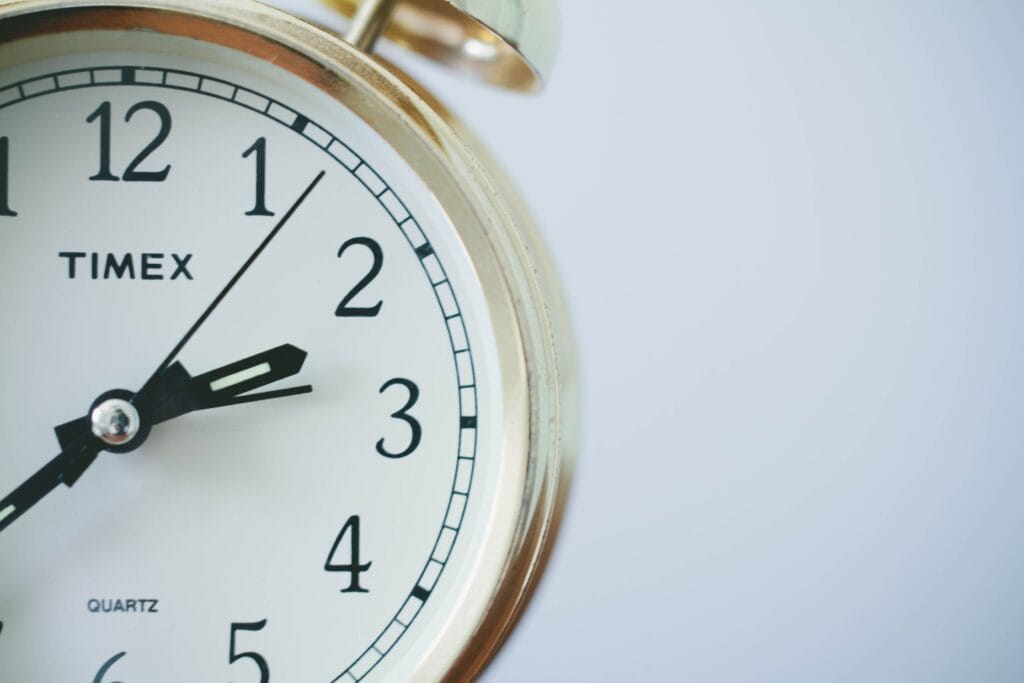What’s the first thing that comes to your mind when you think about weight loss? Trying out a new diet and cutting calories? Starting a new workout routine and/or going to the gym 7 times a week? Most of us are conditioned to believe that the amount of body fat we carry is directly related to food and exercise. If that is true, then why so many of us are still struggling with getting those “last 10 pounds” off?
Our bodies are beautifully designed, complex machines that have the power to heal themselves when given half a chance. And there are a lot of different factors, beyond diet and exercise, that come into play and can affect your body fat percentage. One of them is sleep.
What if we told you that the only thing you need to do to lose weight is to have a good night’s sleep? Sounds like a dream, doesn’t it? Well, get your cuppa tea ready, as we dive into the latest research to uncover just how exactly sleep can improve (or undermine) our weight loss…
Lack of Sleep Boosts Hunger
Do you have days when you feel HANGRY and you just can’t stop snacking on all the foods in your cupboards? Whilst some people might say “Just pull it together, and stop eating!”, it’s quite challenging to do when your hunger hormones (leptin and ghrelin) are out of whack. Relying too much on our will power alone will only take us so far. So instead of trying to fight with our symptoms (increased hunger), let’s address the root cause – lack of sleep.
A study published in the European Journal of Clinical Nutrition found that lack of sleep led to increased food intake of up to 385 calories per day. That is a considerable amount for those of us trying to lose the extra pounds! If the lack of sleep and low quality of shut-eye becomes a norm, then we end up gaining weight, by acquiring those extra 385 calories day in and day out.
It can be demoralising, as we tend to blame ourselves and our will power, which can end up in lack of motivation and giving up on our goals, thinking that there is something wrong with us. Whilst weight loss isn’t supposed to be a walk in the park, but it doesn’t have to feel that hard either.
So, why do we end up eating more calories?
Researchers at the University of Chicago have found that lack of sleep affects our hunger hormones, causing an increase in appetite and a preference for calorie-dense, high-carbohydrate foods. That is why all those cookies and cakes from your colleagues look extra appealing to you, even though you’re not really hungry. Or you just might have the urge to buy more junk food and treat yourself with a cheat meal.
Research participants who slept only four hours a night for TWO nights, had an 18% decrease in leptin, a hormone that tells you to stop eating, and a 28% increase in ghrelin, a hormone that triggers hunger. The study volunteers showed a 24% increase in appetite, with a surge in desire for sweets, salty foods (chips and nuts), and starchy foods (e.g. bread and pasta).
It Also Reduces The Benefits of Dieting
Not getting enough quality sleep can undermine your diet, and make it much harder to stick to the diet as well! A study from the University of Chicago Medical Center found that when dieters had a good night’s sleep, they lost more than half of the weight that they lost was from fat. On the other hand, when dieters cut back on their shut-eye time, only one-fourth of their weight loss came from fat.
When we cut back on calories, facing hunger is inevitable. However, it’s one thing to feel a slightly rumbling stomach in between the meals, and it’s absolutely another thing when you are turning into a Hulk because your hanger is so unbearable that you find it hard to control on anything else than food and become extremely irritable. So, how do you avoid this from happening? You guessed it – SLEEP! When dieters in the study cut down on their sleep, they felt hungrier than dieters that got their 8-9 hours of sleep a night.
Therefore, if your primary goal is to lose fat, not muscle, then having a good night’s sleep will have a dramatic impact on your dieting efforts. Prioritising your sleep will enable you to get a lean and strong physique, whereas cutting back on your sleep can result in a ‘skinny fat’ look. And you will find the whole process of dieting more enjoyable and avoid all the suffering connected with constant hunger.
If you love data as much as we do, then you can try out an experiment on yourself – track how sleep and other lifestyle factors affect your composition. You can schedule in a body composition test to know where you stand in terms of body fat vs. muscle mass percentage, and start your own mini-experiment!
Do you want to learn more about sleep? Check out our blog post on what internal and external factors affect our sleep quality.



